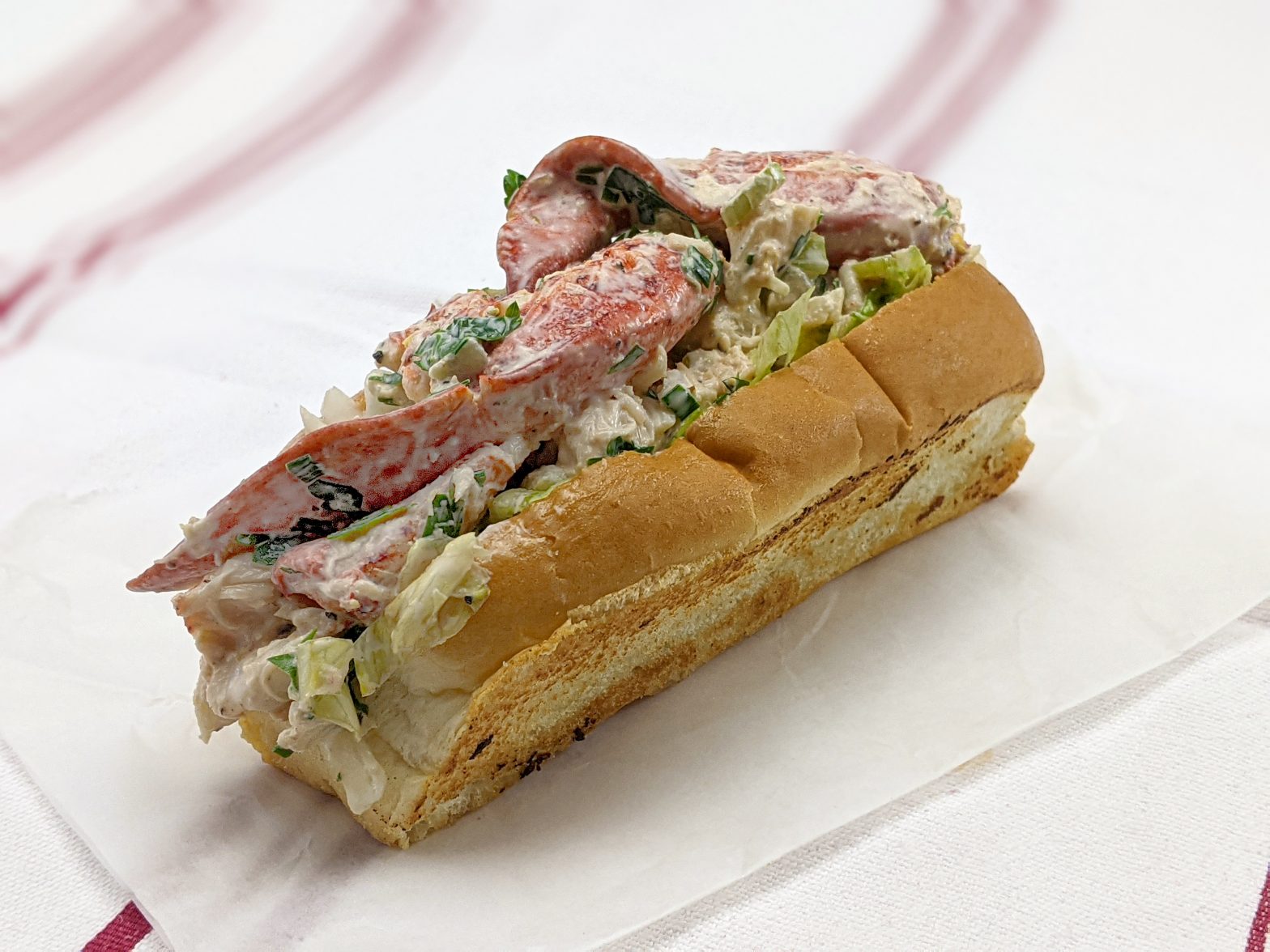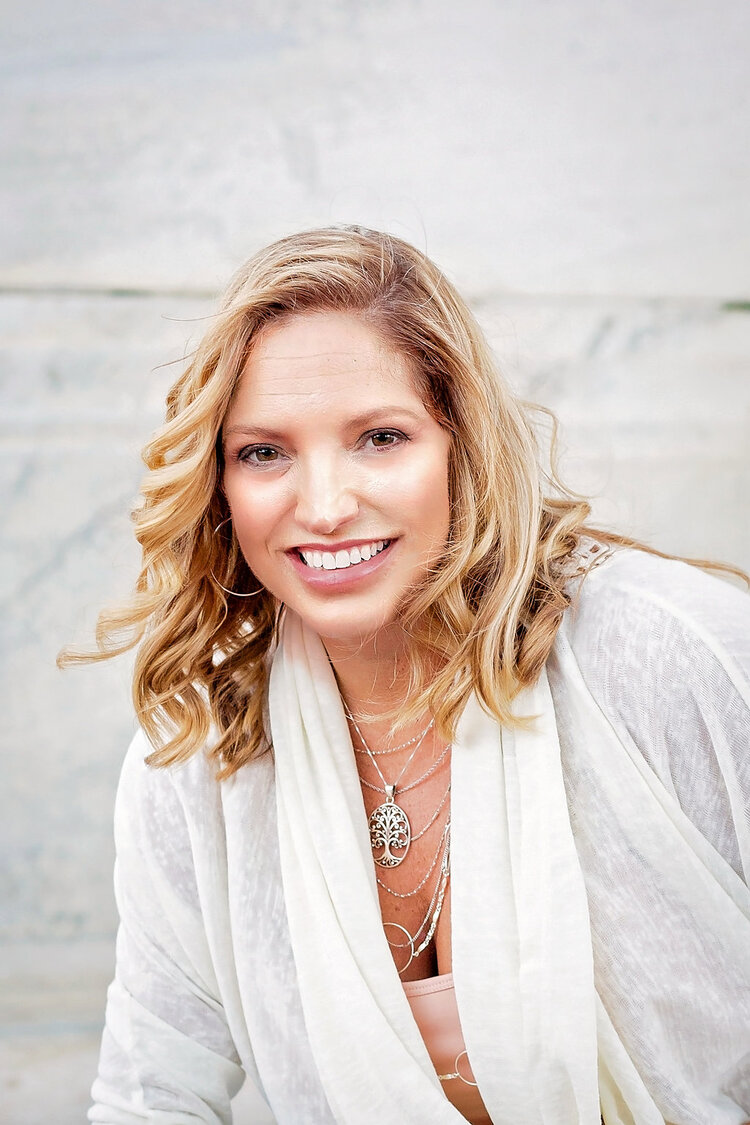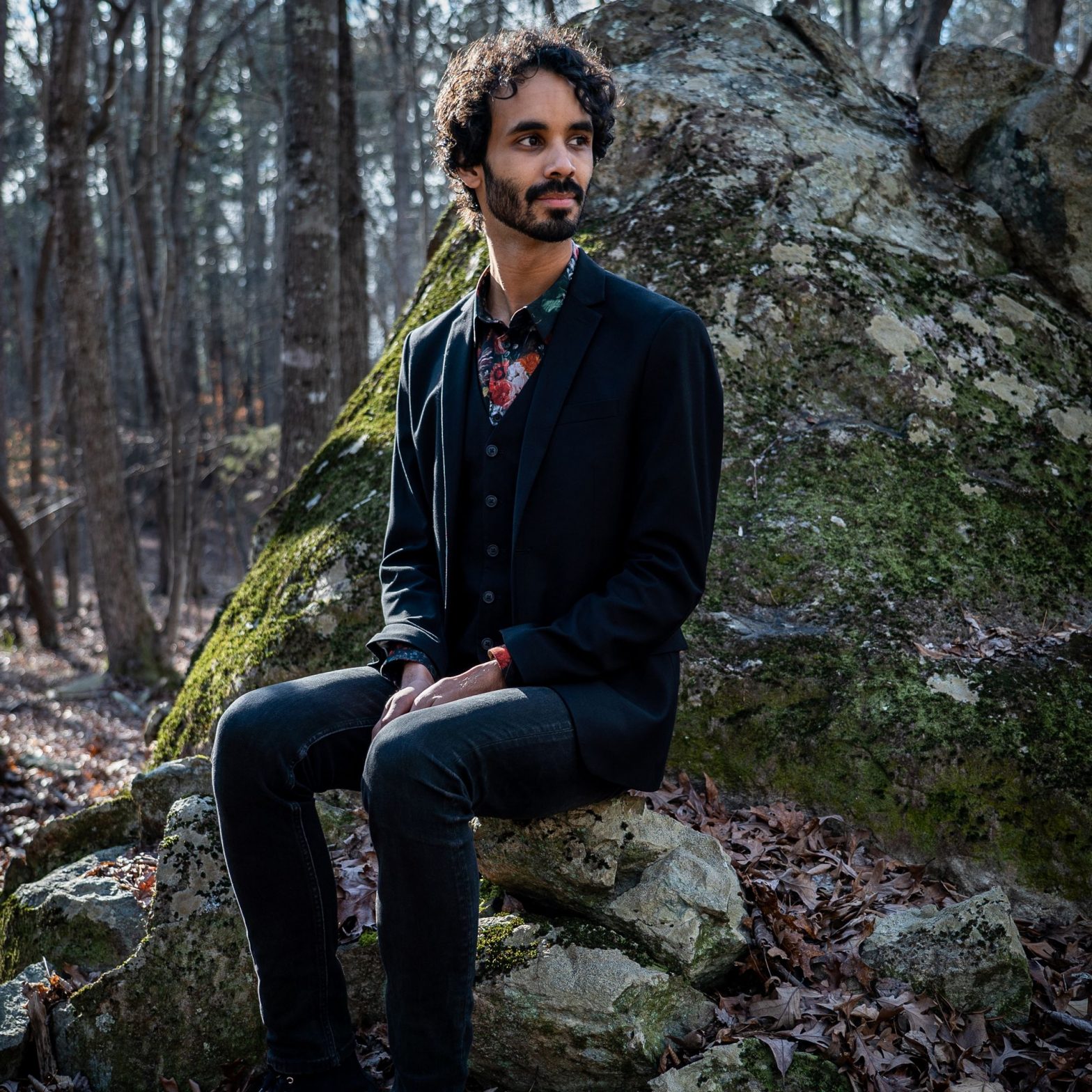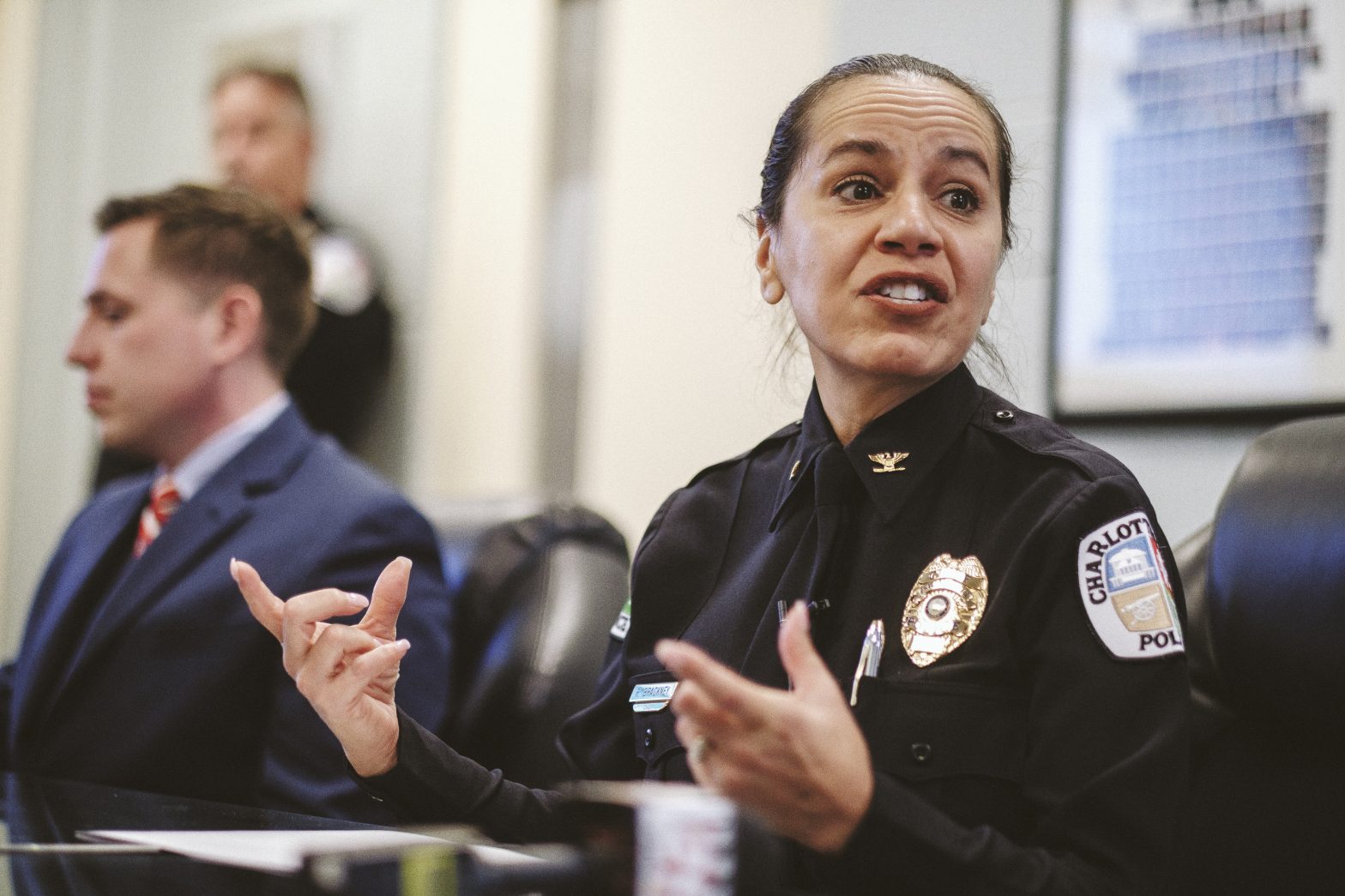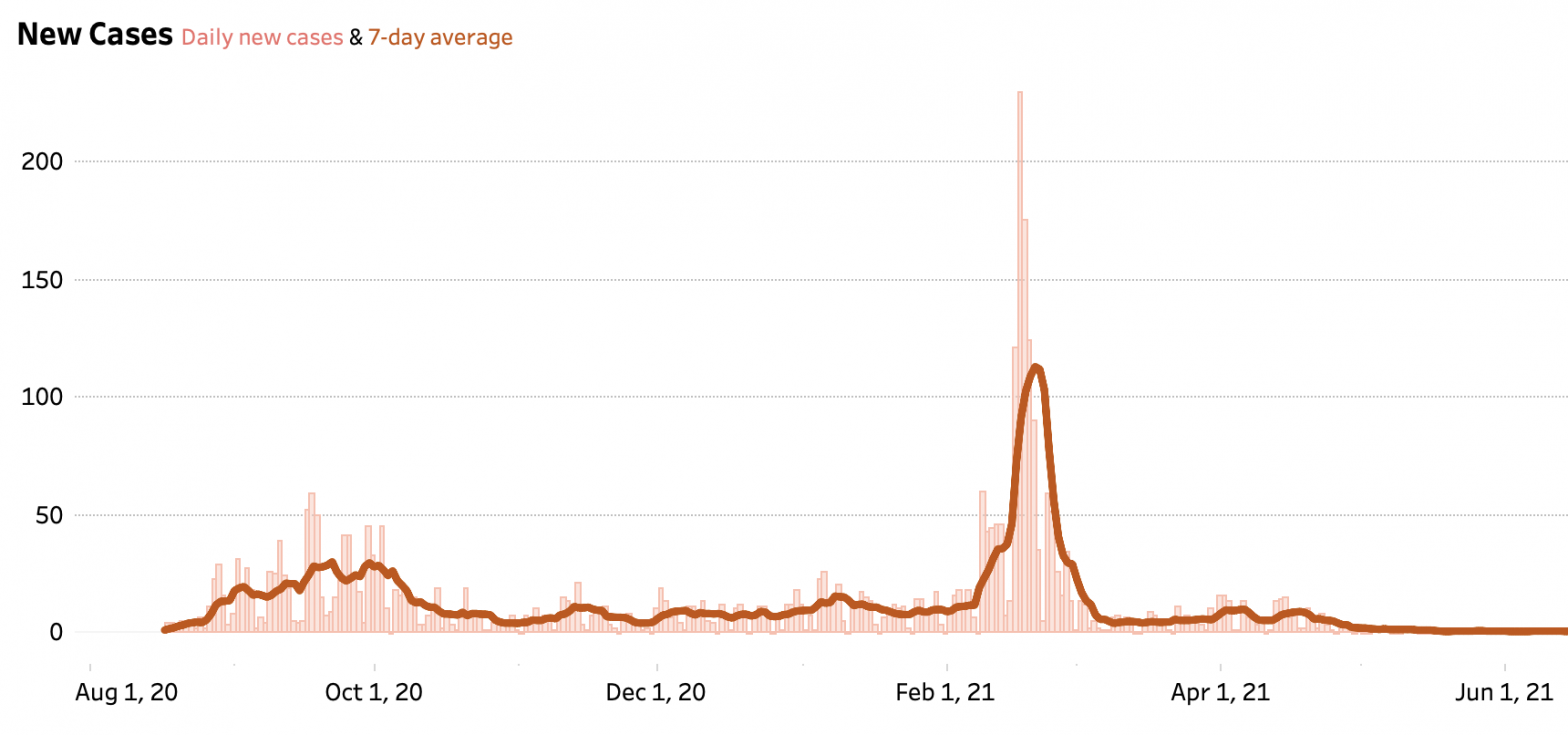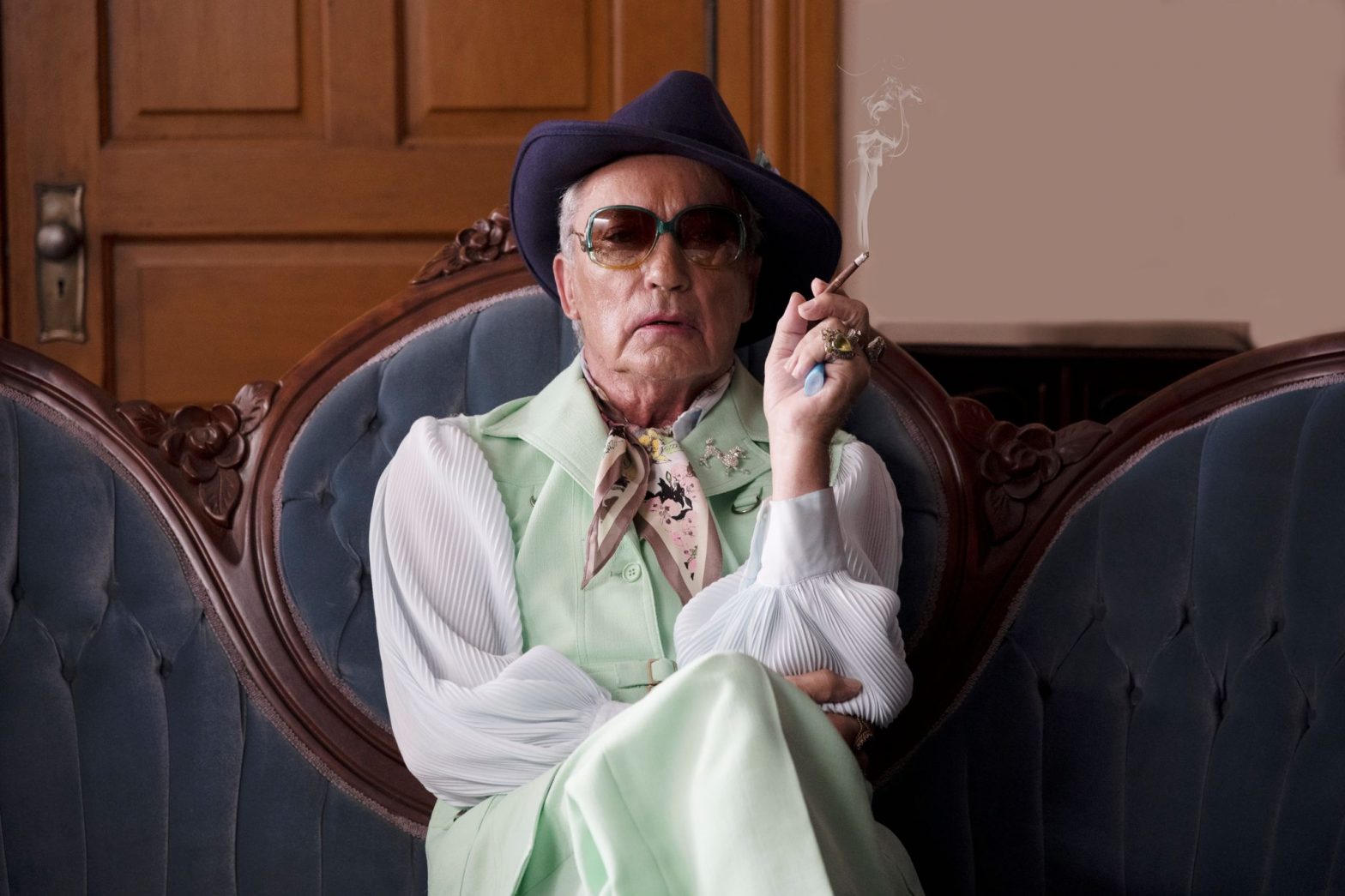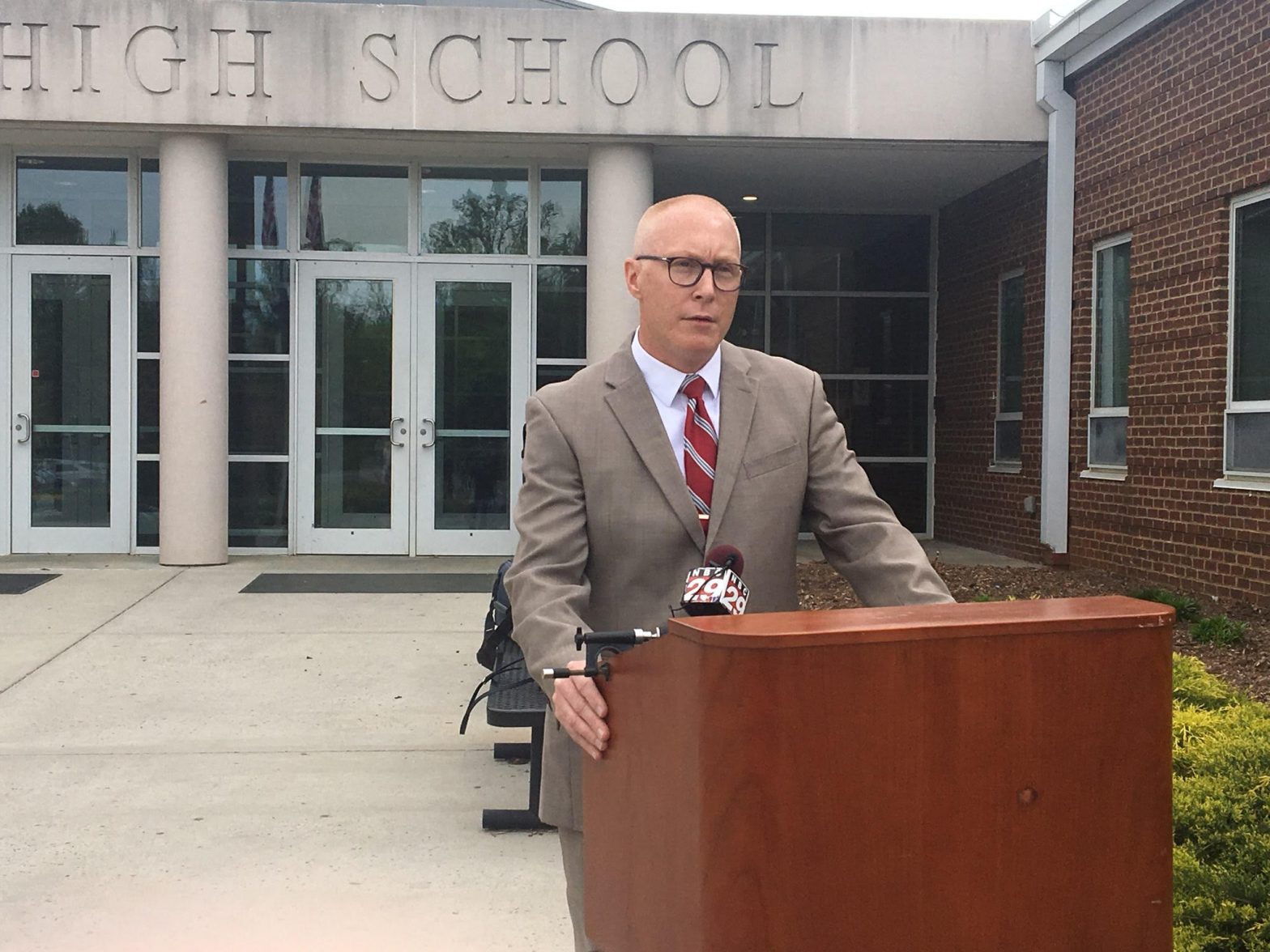Charlottesville SWAT team officers filmed their kids setting off explosives. They fired semi-automatic, department-owned weapons at unauthorized events. One officer consoled a colleague who was frustrated with police department leadership by suggesting “we kill them all and let God sort it out.” When videos documenting these behaviors made it to the chief, one officer was fired and two resigned, and the chief dissolved the SWAT team.
We know all of this because the city admitted it in a press release: The unsigned, 1,700 word document was posted on the city’s website on Friday evening. The press release was not shared because the department felt it was important to update the community on these matters, but rather because the city wanted to explain the results of a recent anonymous survey of CPD officers, in which a large majority of surveyed officers expressed extreme dissatisfaction with the department’s leadership.
Since her hiring in 2018, Charlottesville Police Chief RaShall Brackney has vowed to make her department’s operations more transparent to the public. Both Brackney and the city’s communications director declined to comment on the press release.
The unsigned press release and the anonymous survey results paint a picture of a department where rank-and-file officers are upset at various attempts to institute reforms.
In the survey, which was conducted by the Central Virginia Police Benevolent Association in June, many officers expressed unspecific concerns about the existence of the Police Civilian Review Board. The board was formed recently with the goal of monitoring police activity from an external standpoint. The board has gotten off to a rocky start, however, and has yet to officially codify its own powers and rules.
Officers also complained that Joe Platania, the commonwealth’s attorney, was too progressive and too soft on crime, an illustration of the disconnect between officers and the community they serve. This summer, Platania won a Democratic primary election against an even more progressive challenger—41 percent of local Democrats voted for Ray Szwabowski, indicating that they felt Platania wasn’t progressive enough.
One survey respondent specifically said that the firing of former officer Jeffrey Jaeger was unjust. Jaeger was found guilty of assault in court after slamming a Black man’s head into a fence while on the job.
Some survey respondents said the department’s leadership was too harsh in punishing officers who had broken the rules. Officers were found responsible for infractions in 37 percent of internal affairs cases in 2020, the department reports.
Sixty-nine percent of surveyed officers said they do not feel that Brackney has the ability to lead the department into a new era. Ninety percent said the current political climate in the city has caused them to “reduce [their] normal policing activities…for fear of being targeted by community groups.”
In response, the city detailed the SWAT team infractions described above, and also aimed to characterize the department’s culture more broadly. Before Brackney arrived, the department was “embedded in traditional, procedural policing approaches that created an ‘us vs them’ mentality” and was reliant on “outdated policies, practices, and training,” the release says.
The city says the department leadership will continue “efforts to ensure that aggressive, misogynist, machoistic, paramilitary-style and racist attitudes and behavior will not be tolerated within the workplace,” because such behavior “presents a threat to public safety and to the safety of all the officers who diligently, conscientiously and lawfully perform their duties every day.”
Tell us how you really feel
Sixty-six Charlottesville police officers participated in the Police Benevolent Association’s anonymous survey about the state of the department. Read a selection of their comments below.
“The citizens themselves constantly think we are racist and are throwing it in our face. Disregard that they are being racist to us for wearing a uniform.”
“Leadership panders to the [Police Civilian Review Board] and public instead of providing support to officers.”
“Paperwork. We have 8 different ways of documenting information on a single traffic stop, and we have to do them all. A lot of us don’t do traffic stops because it’s too much work.”
“The Chief and Command Staff base too many of their decisions off of the possible public opinion and how their decisions will be viewed in the media.”
“Use of force policies are so strict almost any officer could be punished for doing almost anything.”
“All they do is play into the political atmosphere of the city in order to cover their own butts. We have been told in the past to stop patrolling some high drug/crime area so much because an activists complain.”
“It has become evident over the years that if you make mistakes, no matter how small, you will be punished.”
“This department is a dumpster fire.”
“To quote a retiring Portland Oregon Detective which best describes
the current situation at CPD. The only difference between CPD and the Titanic? ‘Deck chairs and a band.’”

